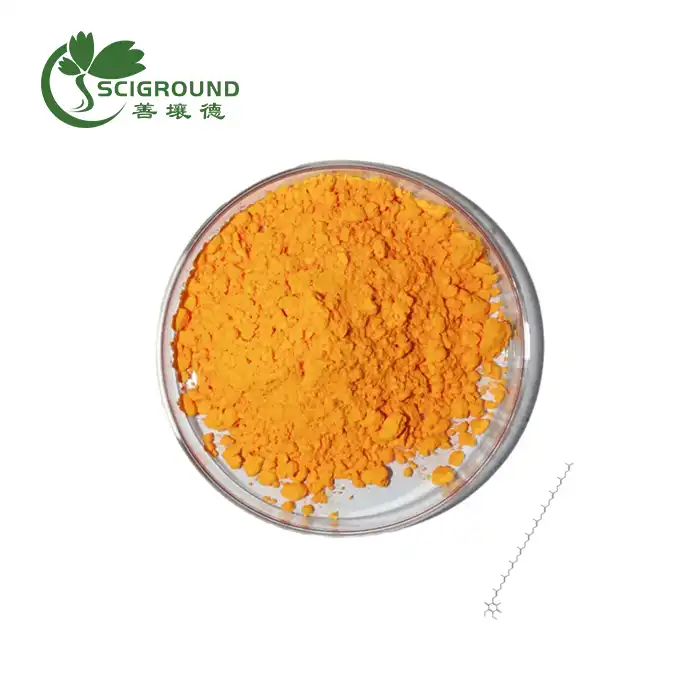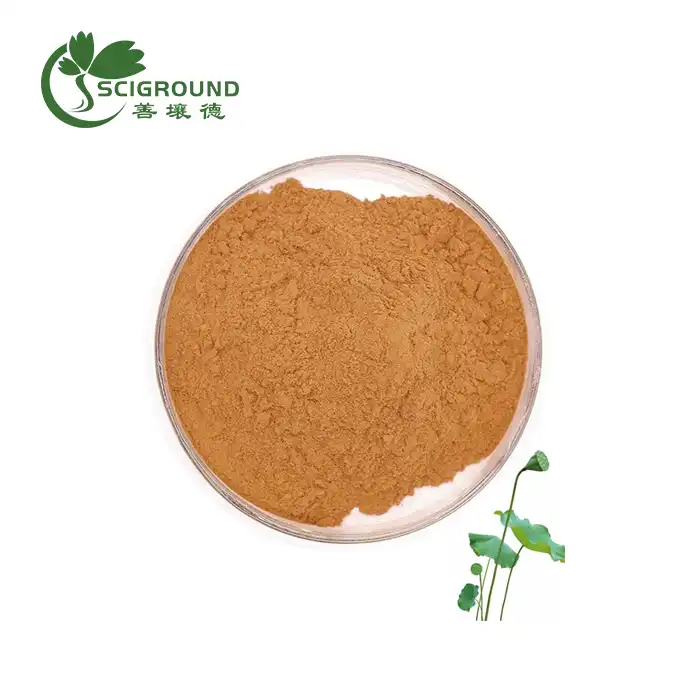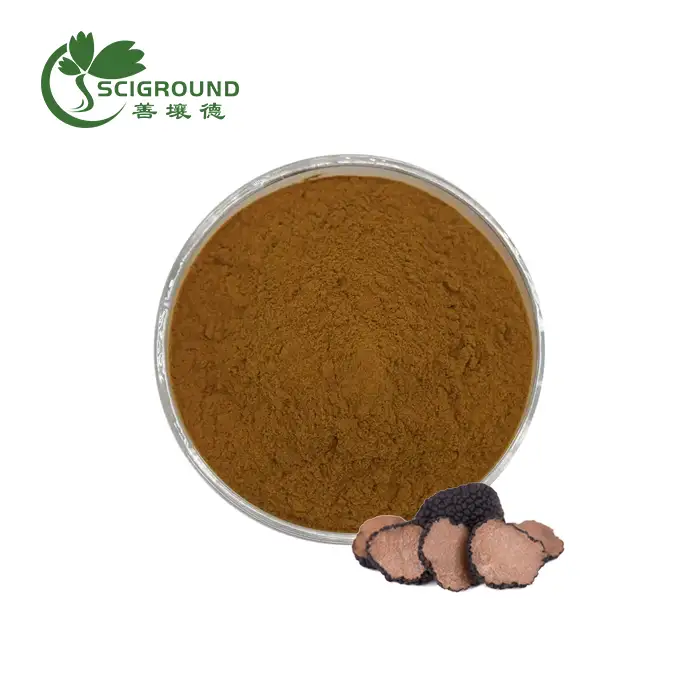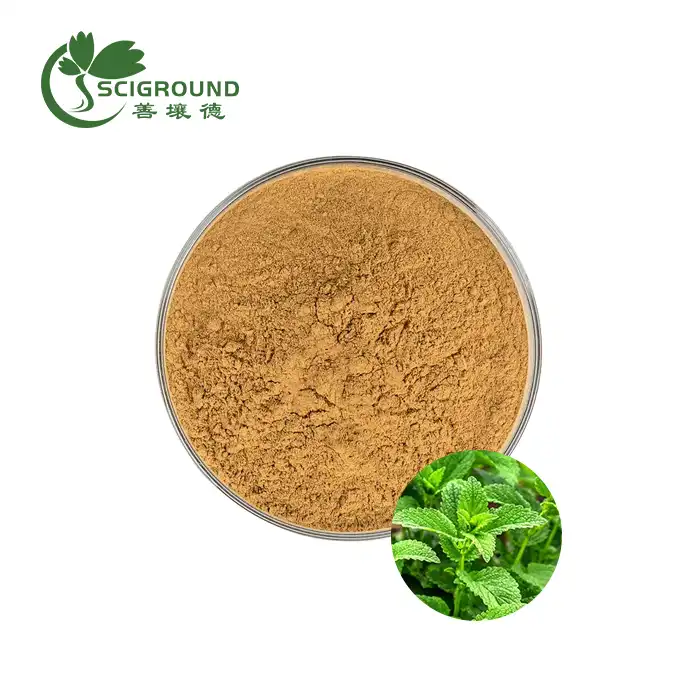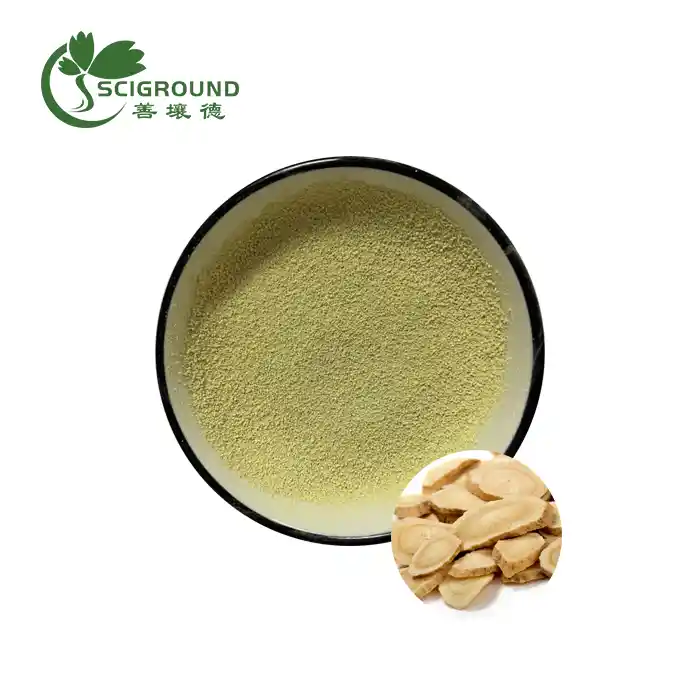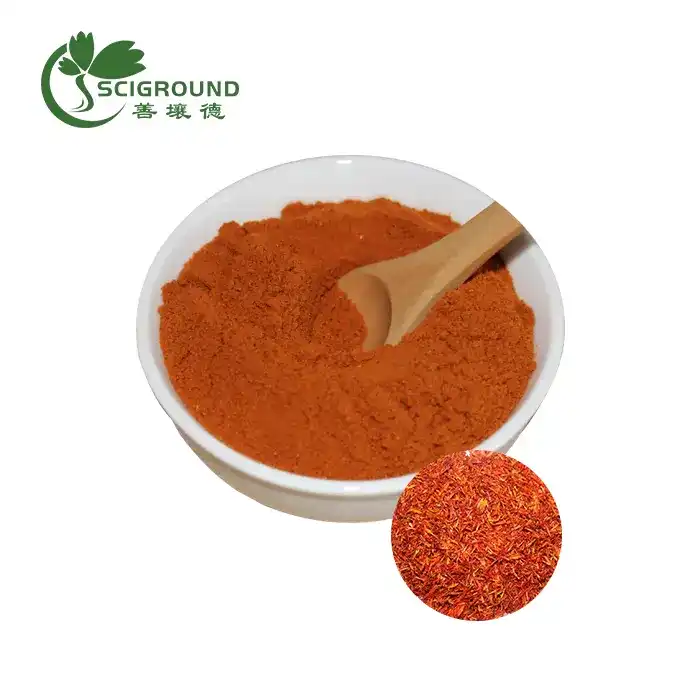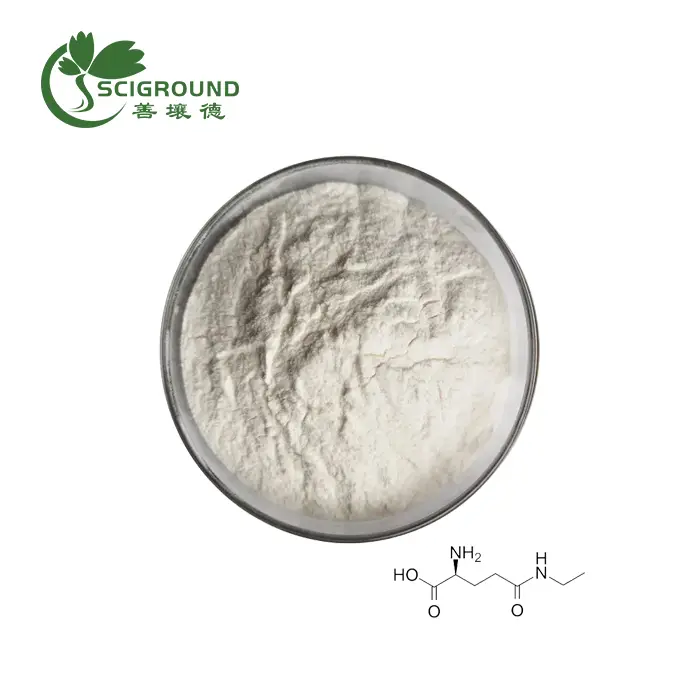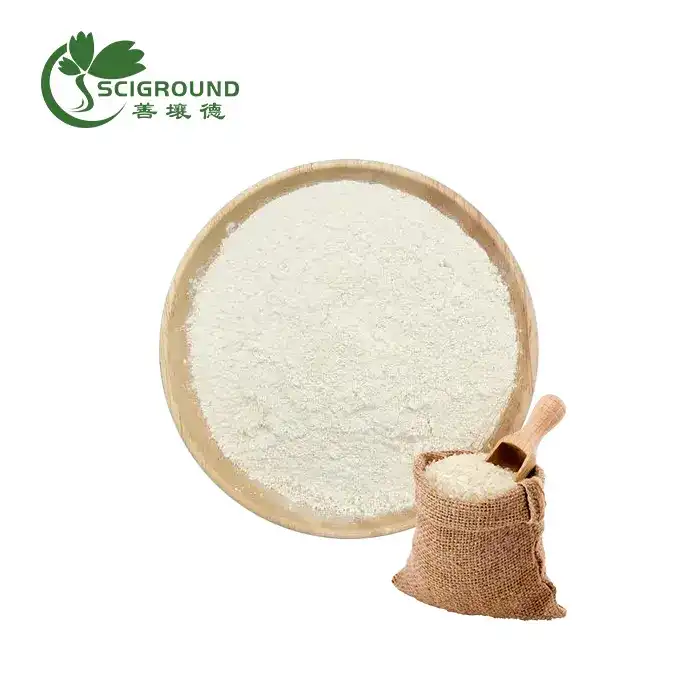Pea protein or whey protein must be chosen depending on the particularities of the diet, vitamin and mineral intake, and individual inclinations. Each of them has certain advantages; thus, gaining some insight into their differences will be helpful. Each of them has certain advantages; thus, gaining some insight into their differences will be helpful.
Nutritional Profile
What is Whey Protein?
Whey protein is the protein that is obtained as a by-product of cheese; it is a complete protein since it has all the nine amino acids that are considered to be indispensable. B Plus is especially full of branched-chain amino acids such as leucine which are important to the building up of muscles. Whey protein comes in three forms:
Concentrate: Low in fat content and has lactose; has between 70-80% protein.
Isolate: Even finer and with a higher protein content of 90% and over with negligible lactose content.
Hydrolysate: Ready for rapid absorption usually without the ingredient of lactose.
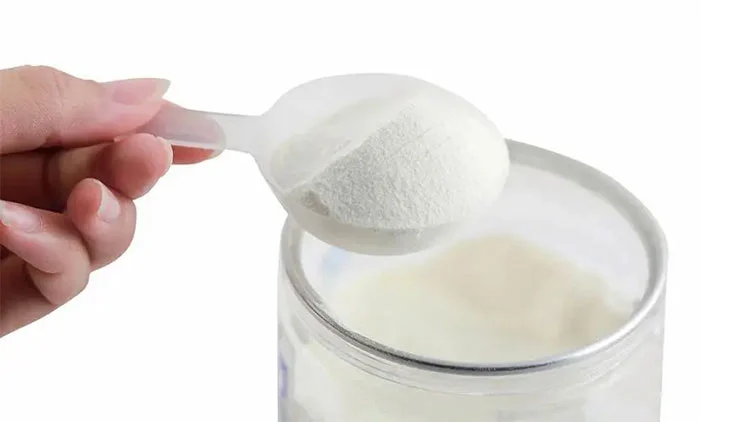
What is Pea Protein?
The most frequently chosen plant-based protein is pea protein which comes from yellow peas. It can be said that it is not a complete protein but contains rich numbers of several essential amino acids, especially lysine and arginine. It has been used together with other plant proteins such as rice protein to make certain that all the amino acids are adequately provided for. Pea protein also contains Iron and can mainly be useful to those with poor Iron levels in their body.
Digestibility and Absorption
Whey Protein
Whey protein’s absorption rate is relatively high and, therefore, helpful when consumed after a workout session. It has a high BV hence the food is well utilized by the human body. However, individuals who are guilty of lactose intolerance are bound to develop certain discomforts such as bloating or even gas build-up as witnessed in whey concentrate.
Pea Protein
Pea protein is well-assimilated and although it does not contain allergenic elements such as gluten or soy, it is specifically safe for those who suffer from lactose intolerance. It is absorbed more slowly in the body as compared to whey, thus, the release of amino acids is constant, which is good for sustaining appetite and muscles throughout the day.
Health Benefits
Whey Protein
It mainly promotes muscle anabolism among athletes and it is used in the development of new muscles and muscle repair. It also comprises bioactive compounds that could enhance the immunity of the body. Also, the intake of whey protein cuts hunger levels and controls the desire for food, making it ideal for calorie restriction.
Pea Protein
Pea protein containing arginine encourages circulation and is thus useful in the regulation of the cardiovascular system. They are naturally low in fat and become cholesterol-free since it is plant-based. It also helps fill the gap of available iron for vegetarians and vegans by offering them the plant-sourced iron source in the form of pea protein.
Environmental Impact
Whey Protein
Whey protein is closely associated with the dairy industry which has a rather negative environmental footprint in terms of emissions and resource consumption. But if whey is used in supplements then the waste is minimized since whey is a product obtained from chequing.
Pea Protein
Pea protein is regarded to be far more sustainable than soy protein for instance, it uses less water and space. Peas are nitrogen-fixing plants which indicates that they can contribute positively to the ground’s condition. This makes pea protein to be more friendly to the environment as compared to animal-based proteins.
Taste and Texture
Whey Protein
The texture of whey protein is more of a smooth type and can be easily incorporated into shakes, smoothies, and all recipes because of its pleasant taste. It is sometimes introduced in many different flavors, which makes it suitable for many people’s diets.
Pea Protein
Pea protein has a grainier texture compared to whey protein. The problem in the past has been in its processing and flavoring but currently, these have been enhanced. This one is soluble in liquids and can easily be combined with other ingredients, so it is commonly used in plant protein powders.
Suitability for Different Diets
Whey Protein
In the case of whey protein, the consumers are involved in the category of dairy food products. Usually, it is not suitable for vegans or people with issues related to dairy consumption. Patients with lactose intolerance have to turn to whey isolate or hydrolysate since they contain very little lactose.
Pea Protein
Pea protein can be especially highly beneficial to people who follow special diets such as vegan or vegetarian diets or those who are allergic to soy lactose intolerant or gluten sensitive. It is equally beneficial to those in search of plant-based protein.
Is pea or whey protein better?
While pea and whey proteins are rather different in composition they also have unique qualities that characterize them and the optimal choice therefore depends on the individual’s meal plan and palette. For these, whey protein is preferable because it is fast digesting full protein that is quite helpful in muscle buildup. However, pea protein has a advantage of being plants based hypoallergenic protein that has efficiency and is friendly to the environment and friendly to all the preference diet. Take into account the goals that you have on your mind, the type of diet that you are on, and the existing environmental factors that you cannot ignore.

